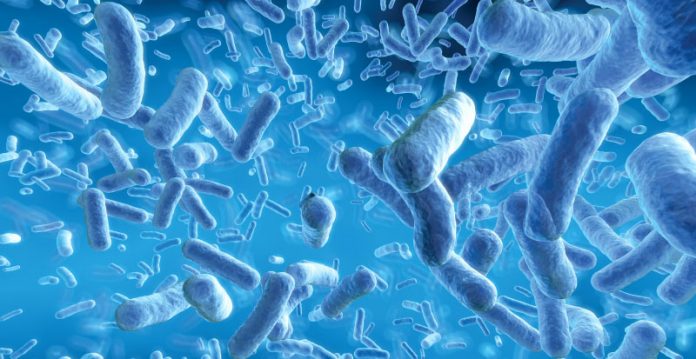Frank Lipman, M.D., is an internationally recognized expert in the field of integrative medicine and the author of multiple best-selling books. He’s also one of the lauded instructors in our first-of-its-kind Advanced Functional Nutrition Program, where we bring the best minds in nutrition together and dive deep into the healing power of food. You can find out more about Dr. Lipman, the rest of the faculty (including groundbreaking doctors like Mark Hyman and Taz Bhatia), and this revolutionary training here.At revitalize, Dr. Lipman spoke about how mitochondria are the new frontier of the health world, likening its rising popularity to that of the microbiome in past years. To celebrate the launch of the training, we sat down to discuss everything you need to know about mitochondria, which you’ll surely be hearing far more about in the coming months and years.
Let’s start with the basics: What exactly are mitochondria?
The mitochondria are power plants in the cell that turn your food and oxygen into energy in the form of ATP. These mitochondria power the biochemical reactions in your cells. To me, they are the Western equivalent of chi, or energy. I believe the mitochondria are often the mechanisms by which a lot of our lifestyle changes, like supplements, sleep, exercise, etc., work.
How do mitochondria affect how we’re actually feeling on a day-to-day basis?
Think of them as energy factories—when a factory slows down its production or there aren’t enough raw materials to produce everything, you’ll get less production from the factory. If your mitochondria aren’t working properly, you’re going to get less from your body and brain, and you’re going to feel more tired. You’ll age quicker. Mitochondria are also thought to play a role in a lot of the age-related diseases, like heart disease, diabetes, and neurogenerative diseases. If your mitochondria aren’t functioning optimally, you’ll feel like you’re aging too quickly and you’ll feel tired.
Is there a way to test if our mitochondria are working optimally? How do we know if we need to do work on them?
There’s no real measurement of mitochondrial function yet, although there will be soon. I always say, though, that it’s similar to your gut bacteria. Everyone can benefit from taking care of their gut health—in the same way, everyone can benefit from taking care of their mitochondria. The microbiome and mitochondria are the two key areas to improve function, because those are two major areas where function decreases and it leads to all sorts of symptoms but also leads, down the road, to various diseases. I recommend all people focus on improving their mitochondria and microbiome.
How do we eat to optimize our mitochondria?
The No. 1 thing is to quit eating sugar and grains, because they turn to sugar in the bloodstream. Mitochondria do better functioning off healthy fats, like sardines, walnuts, avocado, coconut oil, and MCT oil. You want to eat high-fat and low-carb, because the mitochondria use fatty acids or carbohydrates to create the ATP, but if you give them more fat and less carbohydrate, you’ll have less free radicals formed. You also want to eat lots and lots of colorful vegetables, because the more phytonutrients you have to nourish your body, the more you will nourish your mitochondria as well. We also know some veggies, like sulfur-rich veggies (cauliflower, cabbage, etc.), are good for producing glutathione, a powerful antioxidant that’s good for the mitochondria.



























